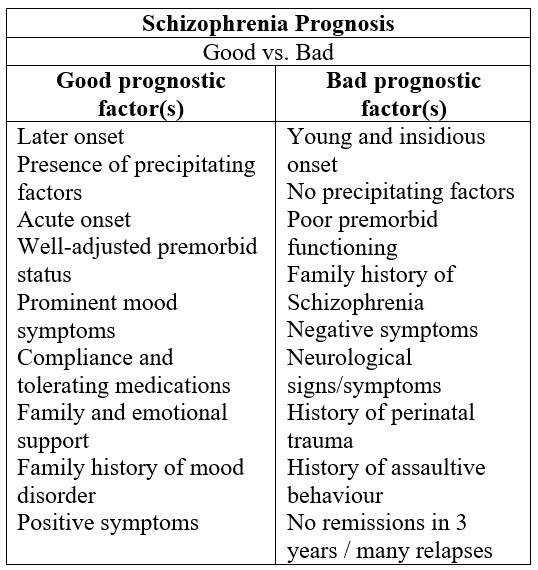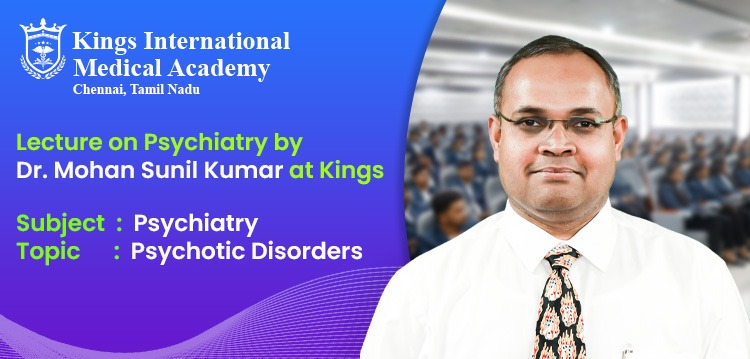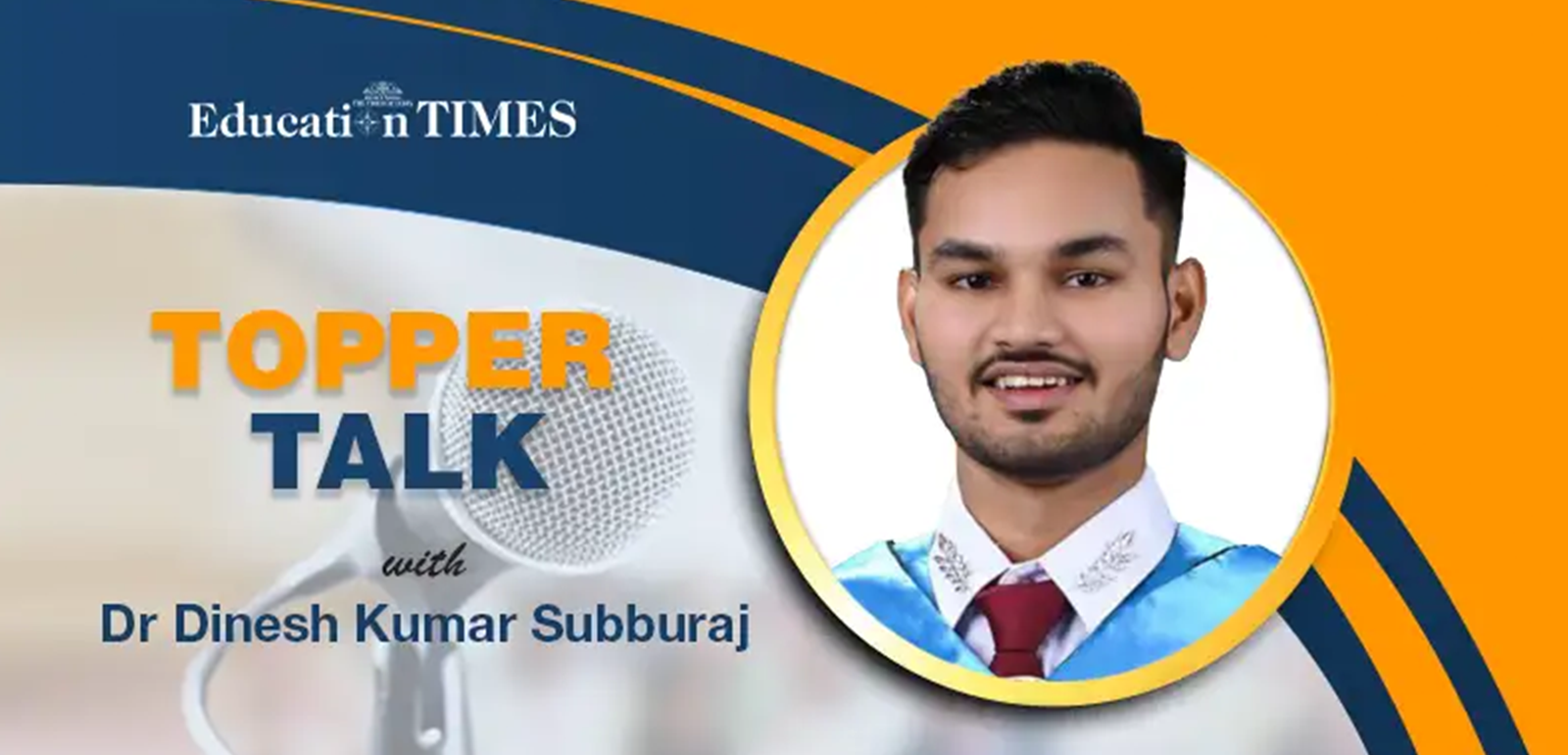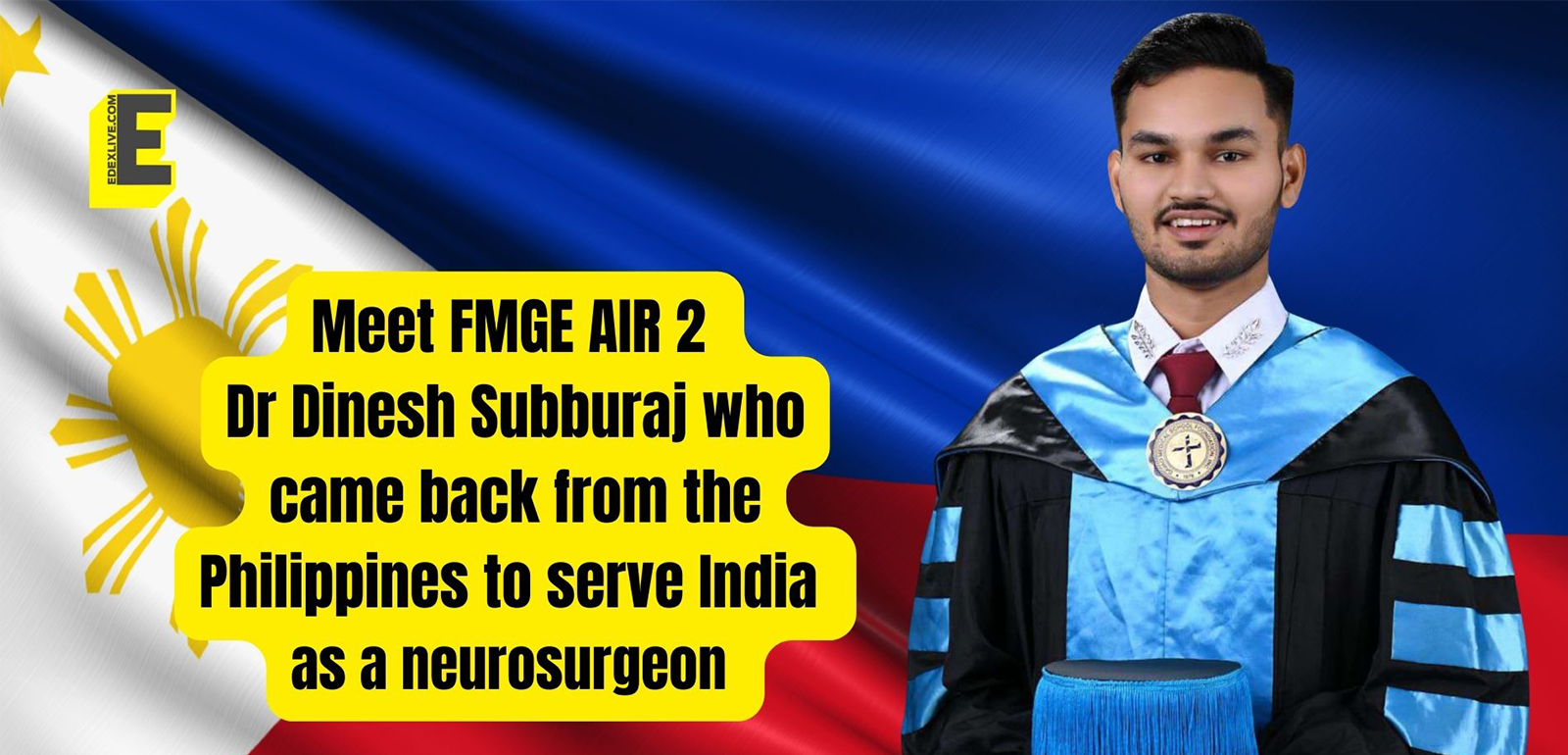Lecture on Psychiatry by Dr. Mohan Sunil Kumar at Kings International Medical Academy
Kings International Medical Academy is renowned for offering excellent FMGE coaching classes, and this time, we have the privilege of having Dr. Mohan Sunil Kumar as a faculty member for our FMGE students. As an experienced Psychiatrist, Dr. Kumar’s lecture on Psychiatry was insightful, and our students were fully engaged throughout. In this blog, we will delve deeper into the topic of Psychotic Disorders.
PSYCHOTIC DISORDERS
Psychotic symptoms
- Delusions
- Hallucinations
- Disorganized behaviour
- Formal thought Disorder
- Catatonia
- Talking to self
- Personality change
Primary Psychotic Disorder
- Schizophrenia
Secondary psychotic Disorder / Mood congruent
- Mood Disorders
SCHIZOPHRENIA – Eugen Bleuler
4 A’s:
- Autism
- Ambivalence
- Affective Flattening
- Association toss
Emil Kraepelin – Psychosis
- Manic depressive psychosis
- Dementia praecox
Kurt Schneider
- Auditory
- 1st person AH – Thought Echo / sonarizalion
- 2nd person AH – Commanding / Commentary
- 3rd person AH
- Thought phenomena
- Made phenomena – Impulse, Volition, Affect
- Somatic passivity – Delusion of control
- Primary delusional Experience
- Delusional Idea
- Delusional Memory
- Delusional Mood
- Delusional perception
Negative symptoms
- Apathy
- Avolition
- Anhedonia – loss of pleasure (also seen in Depression )
- Affective flattening
- Attention deficit
- Alogia (poverty of thinking speech)
Van Gogh – Schizophrenia + Self-Mutilation
Pfropf – Schizophrenia – Mental Retardation
Chances of getting:
a. General – 1%
b. 3° Relative – 2%
c. 2° Relative – 3%
d. 1° Relative – 10%
e. Both parents – 40%
f. Monozygotic Twins – 47%
g. Dizygotic Twins – 10%

Antipsychotics
- Typical -D2 R Antagonist
- Atypical D2 R Antagonist w/ Fast dissociation
Less Extrapyramidal symptoms
Also works on serotonin receptors
- Sedation
- Height gain
- Dyslipidemia
- Hyperglycemia
- Metabolic toxicity
Dopamine pathways
- Meocortical
- Nigrostriatal
- Tuberoinfundibular
- Mesolimbic
Extrapyramidal symptoms:
- Acute
MC – Akathesia
Acute Dystonia
Orolingual dystonia
Torticollis
Laryngeal dystonia
Occulogyric crisis
- Chronic
Tardive
Rabbit S°
- Lethal
Neuroleptic malignant syndrome




